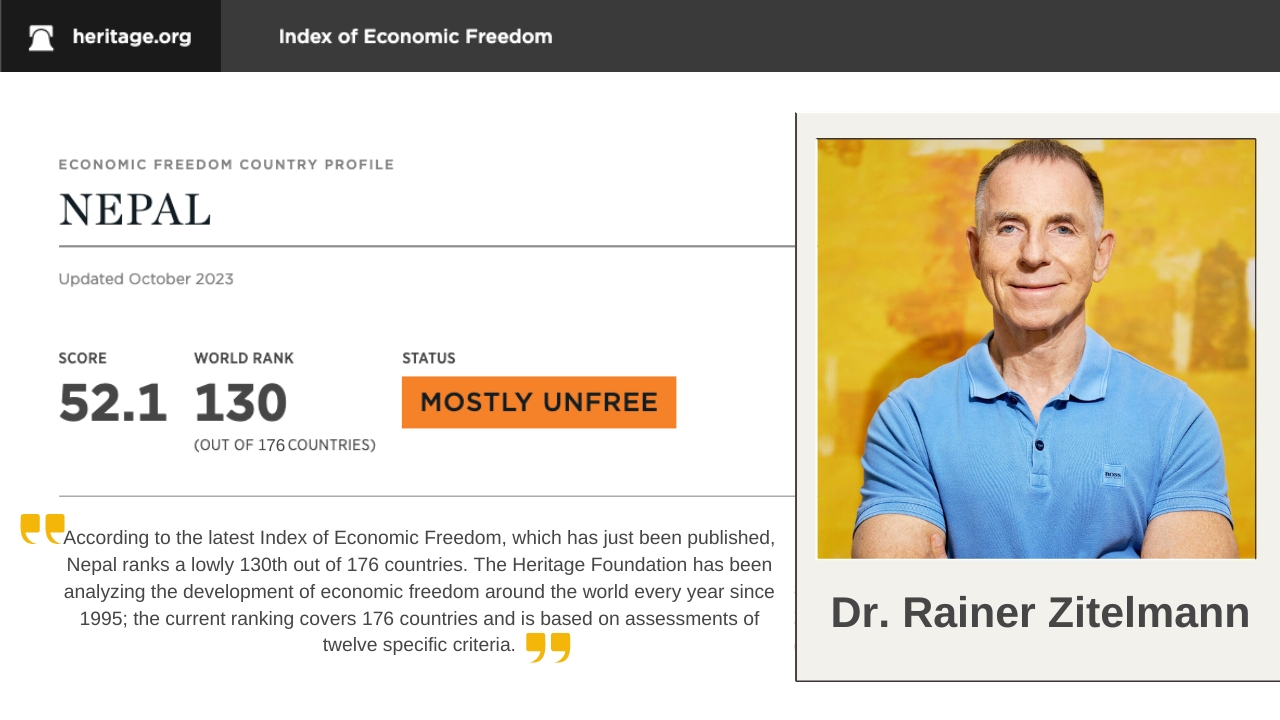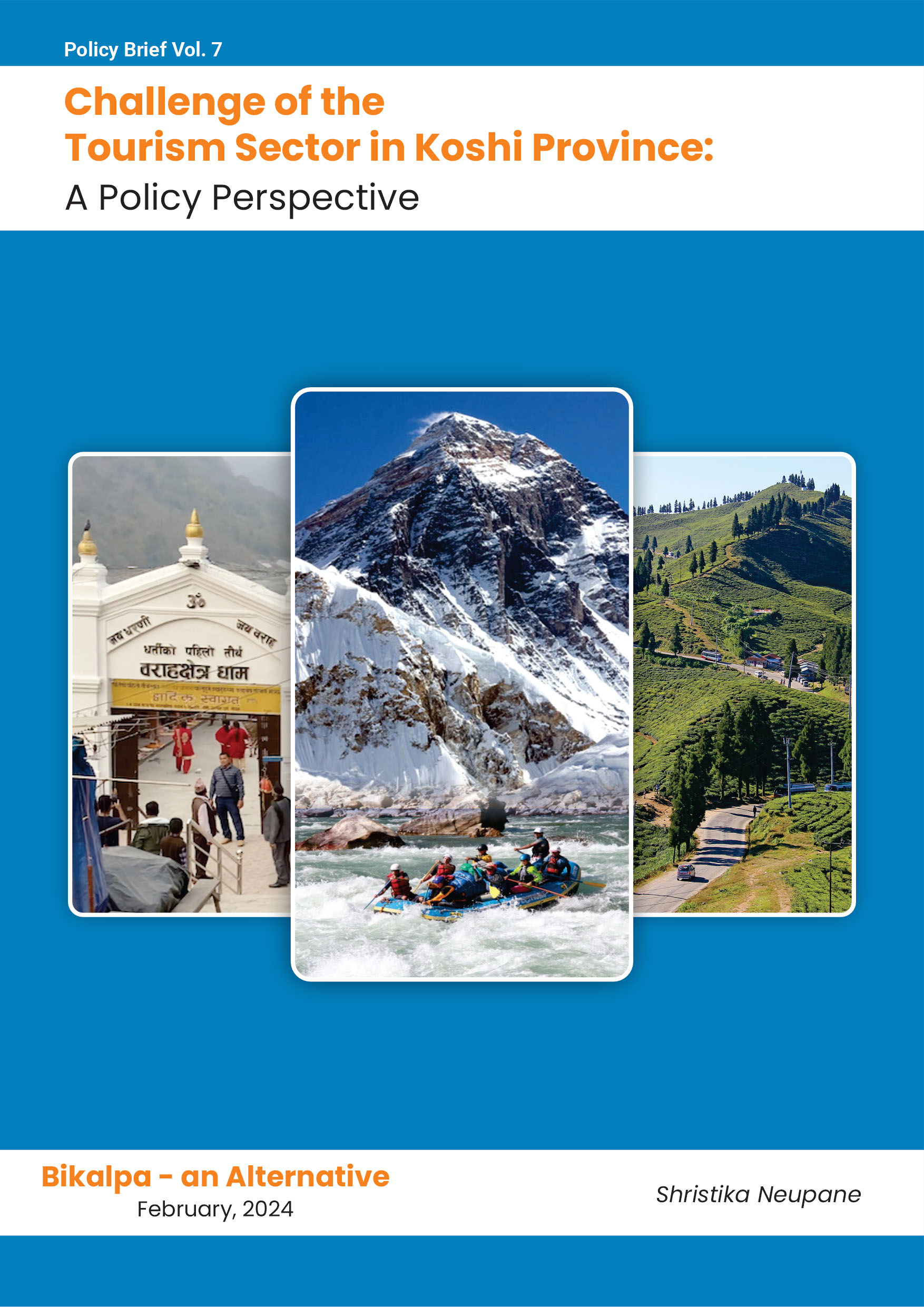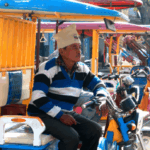According to the latest Index of Economic Freedom, which has just been published, Nepal ranks a lowly 130th out of 176 countries. The Heritage Foundation has been analyzing the development of economic freedom around the world every year since 1995; the current ranking covers 176 countries and is based on assessments of twelve specific criteria.
The country’s rating is particularly poor in the “Investment Freedom” category, where Nepal scores only 10 out of a possible 100 points (the same as Cuba). Only five out of 176 countries in the world have a worse score in this category, including three socialist countries and one Islamic dictatorship (North Korea, Eritrea, Venezuela, Zimbabwe, and Iran). India, which is in 126th place in the overall ranking, scores 40 points in the “Investment Freedom” category, while China, which is in 151st place, has 20 points in this category.
The study has the following to say about Nepal: “The government’s statist approach to the economy seriously weakens economic freedom and development in Nepal. Corruption, a lack of transparency, and a burdensome business approval process impede much-needed expansion of private investment and production. Property rights are poorly protected by the inefficient judicial system, which is subject to substantial political influence. Despite some streamlining of the process for launching a business, other time-consuming and costly requirements reduce regulatory efficiency. Labor laws are restrictive. There is a talent drain, especially among educated youth.”
Only four countries (Singapore, Switzerland, Ireland, and Taiwan) are deemed “free” in the fullest sense of the word, while 22 countries are considered “mostly free.” The United States only just scrapes into this group with a score of 70.1 out of 100 possible points; losing another 0.2 points would see the U.S. lose its “mostly free” status.
There are now as many as 15 European countries that are more economically free than the U.S. The ranking refutes the lopsided view that the United States is the country of “pure capitalism” and that a system resembling “democratic socialism” prevails in Europe, especially in the Scandinavian countries. Norway, Sweden, and Denmark are among the ten most capitalist countries in the world. And while the U.S. has lost almost seven points since 1995, Sweden has gained 16 points in the same period and is now in ninth place; Denmark even makes it as high as seventh.
Compared to the previous year, but especially over the long term since 1995, Vietnam stands out in particular. Vietnam only ranks 59th out of 176 countries, but it is closing the gap in leaps and bounds: Vietnam climbed 13 places compared to the previous year, where it was 72nd. I explore the reasons for Vietnam’s success in my new book How Nations Escape Poverty https://nations-escape-poverty.com/. The market economy reforms Vietnam initiated in the late 1980s resulted in the number of people living in extreme poverty falling from almost 80 percent to just 5 percent. Vietnam receives very good scores particularly in the categories “Fiscal Health”, “Government spending”, “Tax burden” and “Trade freedom”, while there is still a lot of catching up to do in the areas of “Government Integrity” and “Judicial Effectiveness”.
The link between economic freedom and living standards is confirmed by the Heritage Foundation’s analysis of 176 countries. In countries that are either “repressed” or “mostly unfree,” more than 15 percent of people are living in poverty, while in economically free countries the figure is less than two percent. GDP per capita in economically free countries amounts to 103,869 US dollars, while in the “mostly free” countries it is 61,052 US dollars. In countries that are considered “mostly unfree” and “repressed,” however, it is less than 11,000 US dollars. The least economically free countries this year are again North Korea, Cuba, and Venezuela.
There is also a clear connection between economic freedom and environmental standards, as a comparison of the Index of Economic Freedom with the Environmental Performance Index shows: the more capitalist a country, the higher the environmental standards.
Rainer Zitelmann is the author of the just-published book (Please add the Neapl-Titel of IN DEFENSE OF CAPITALISM)











